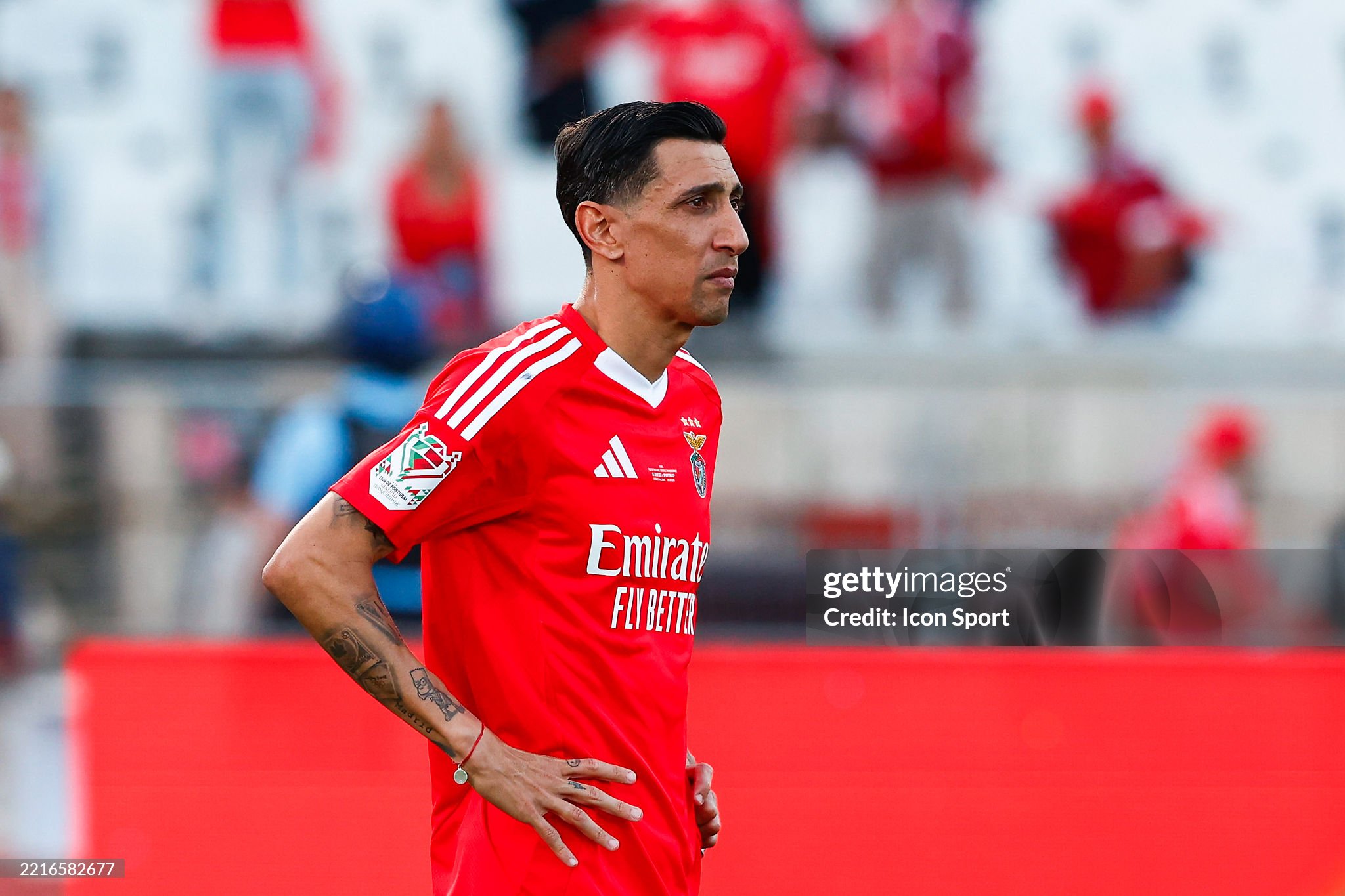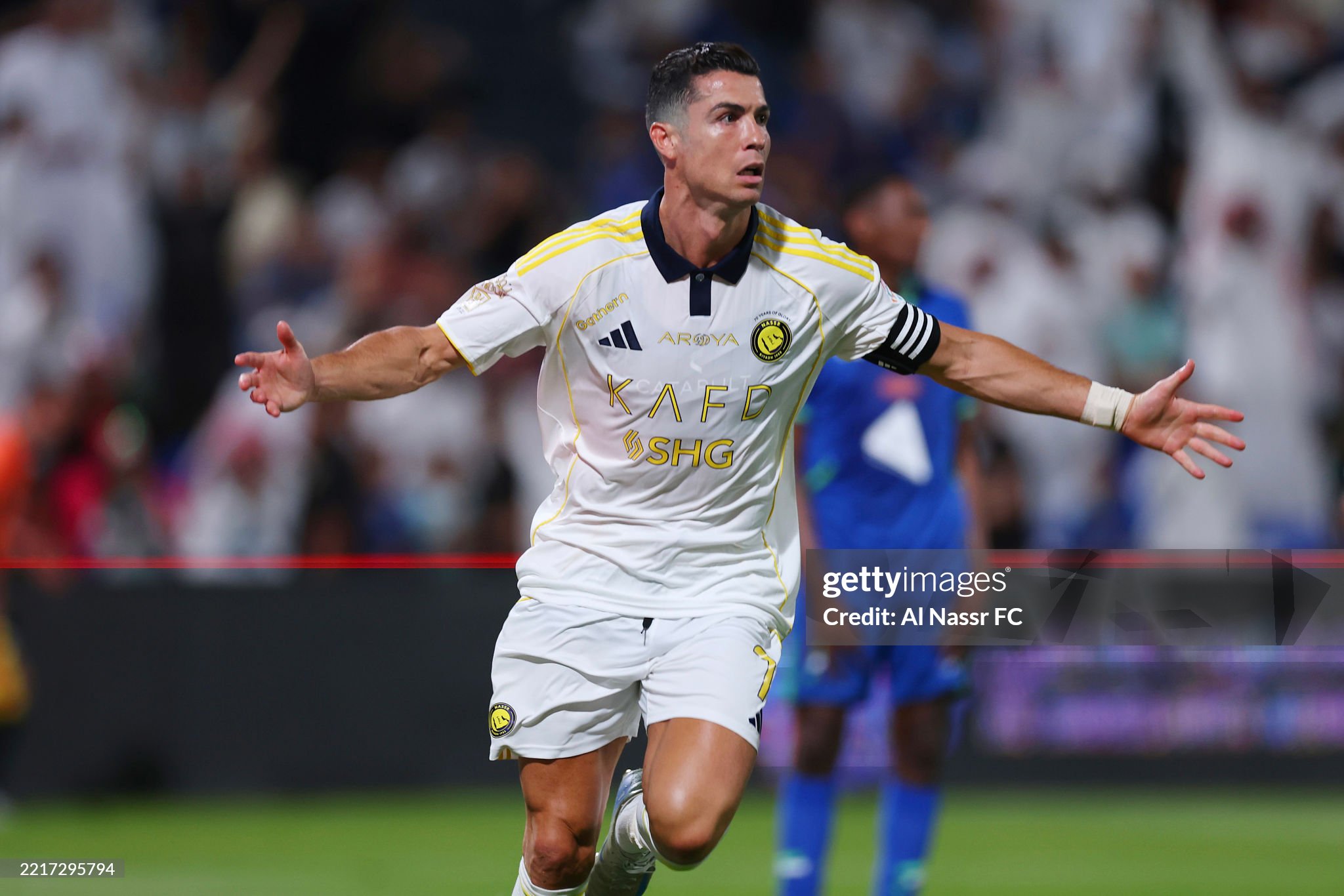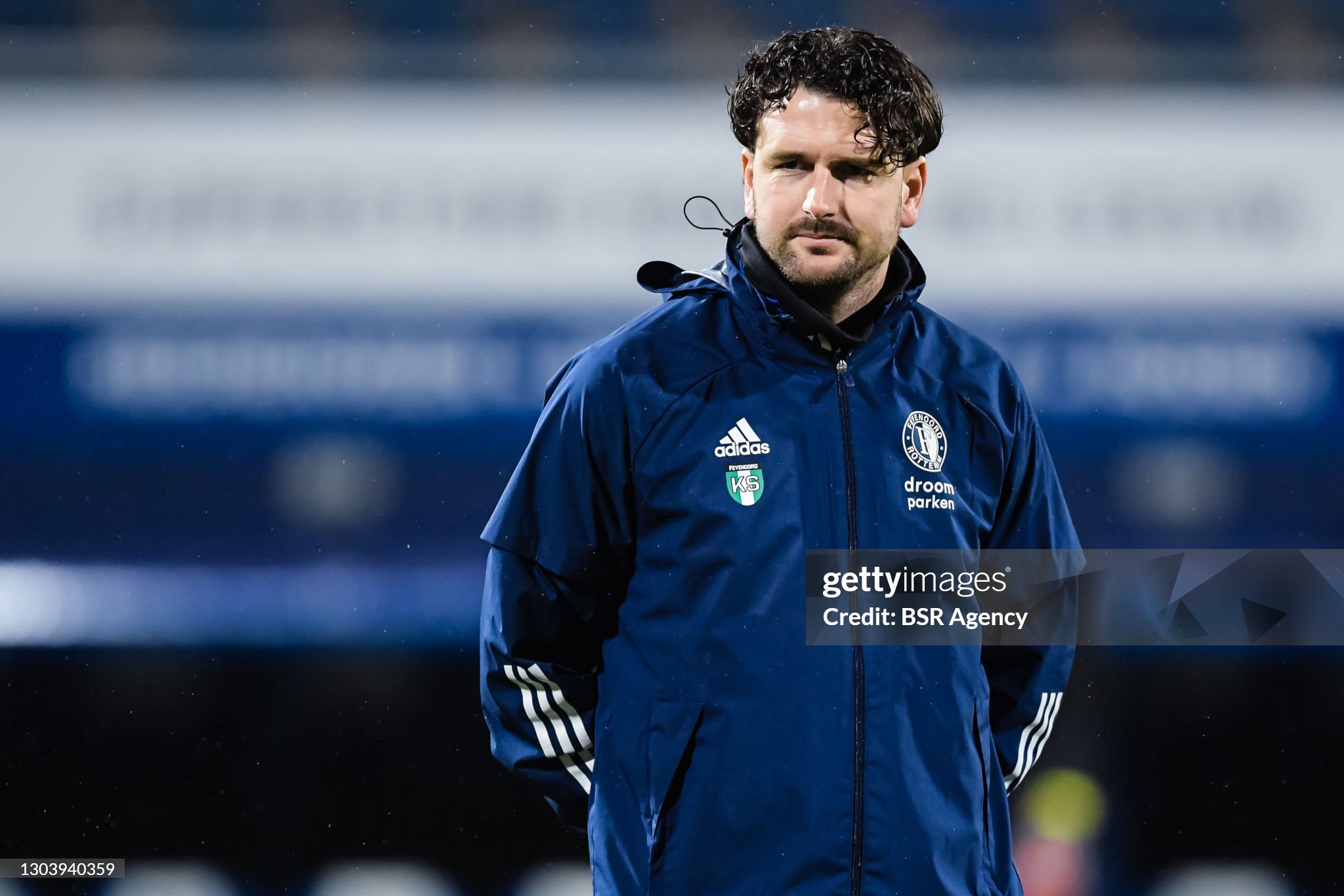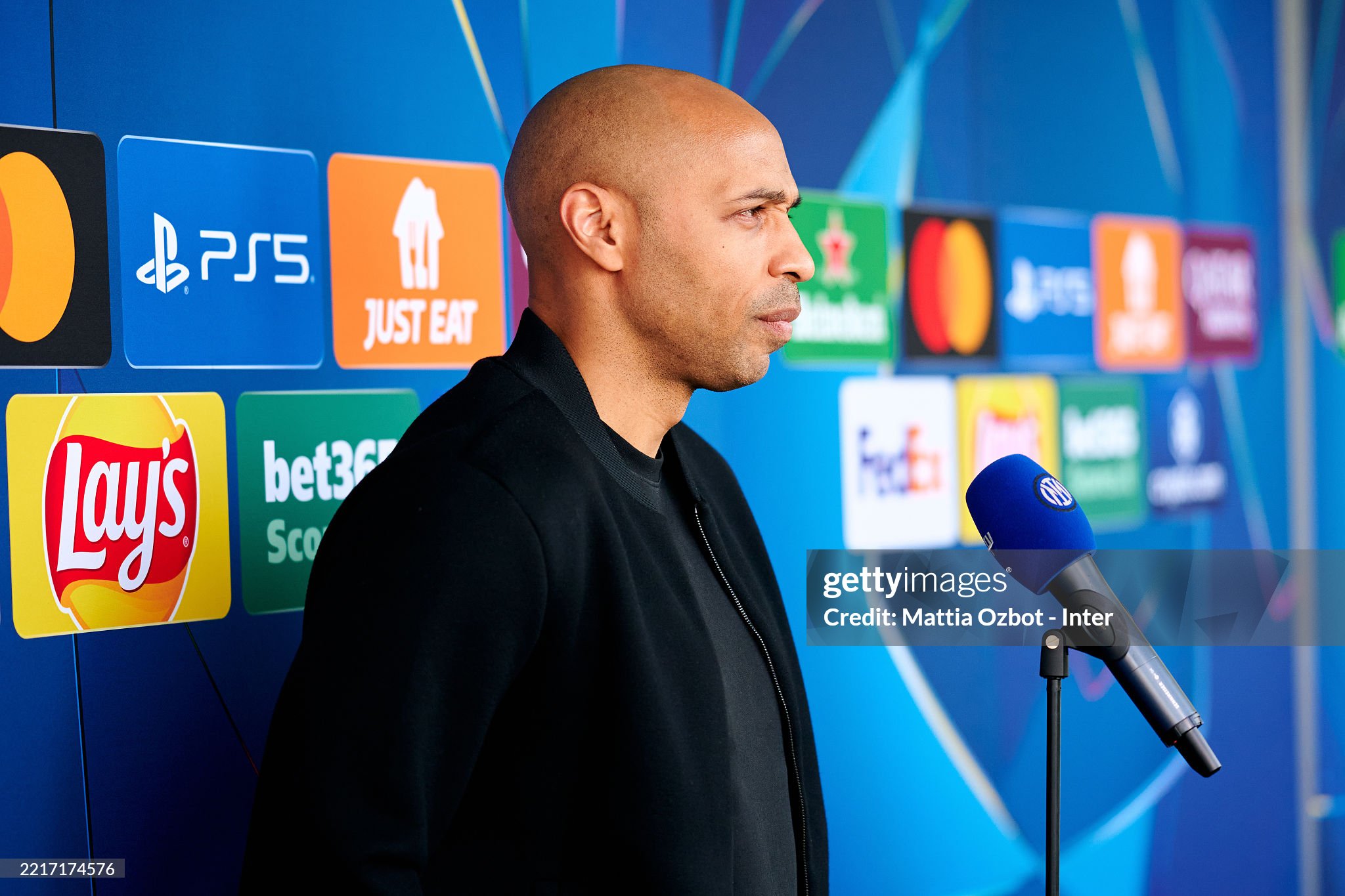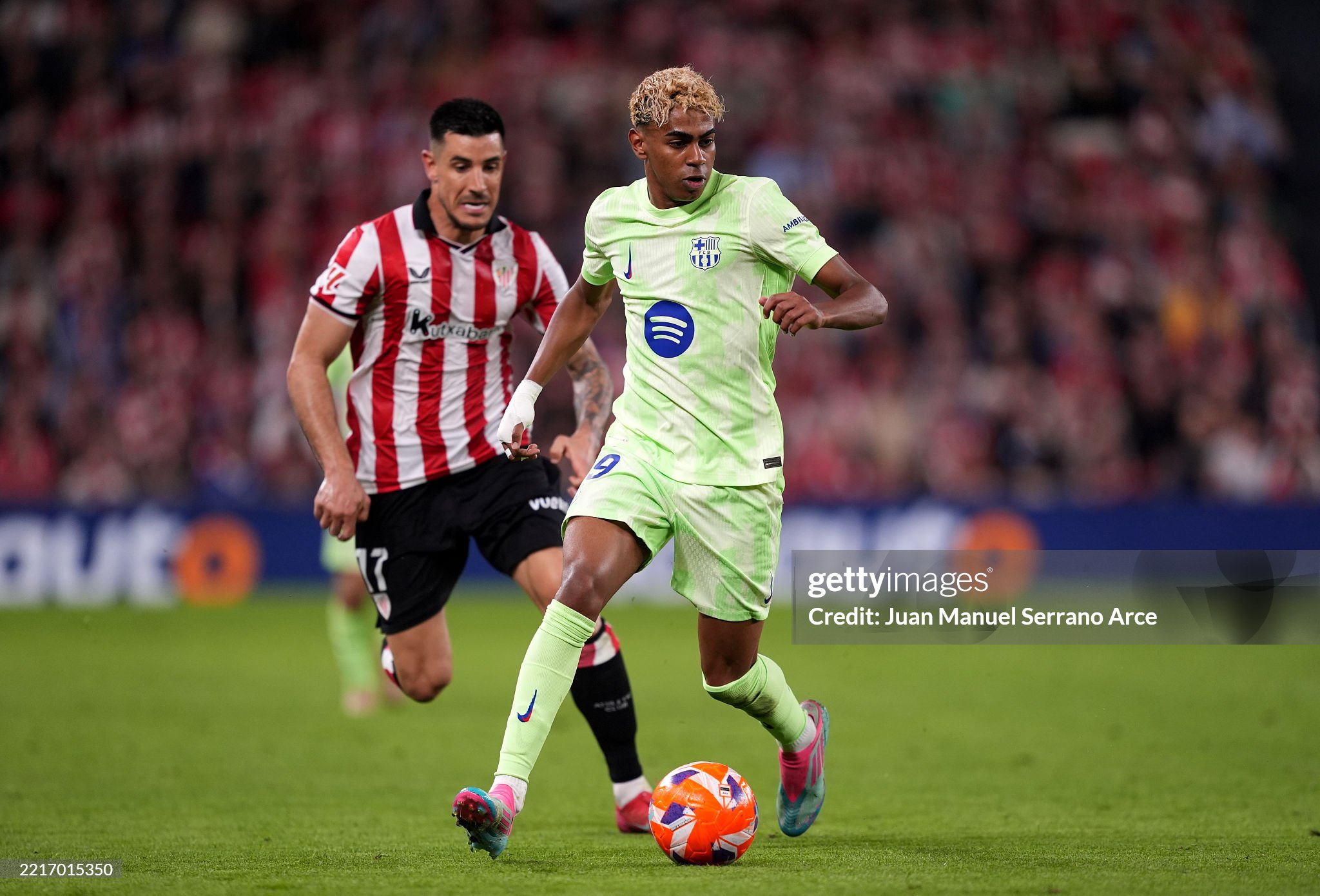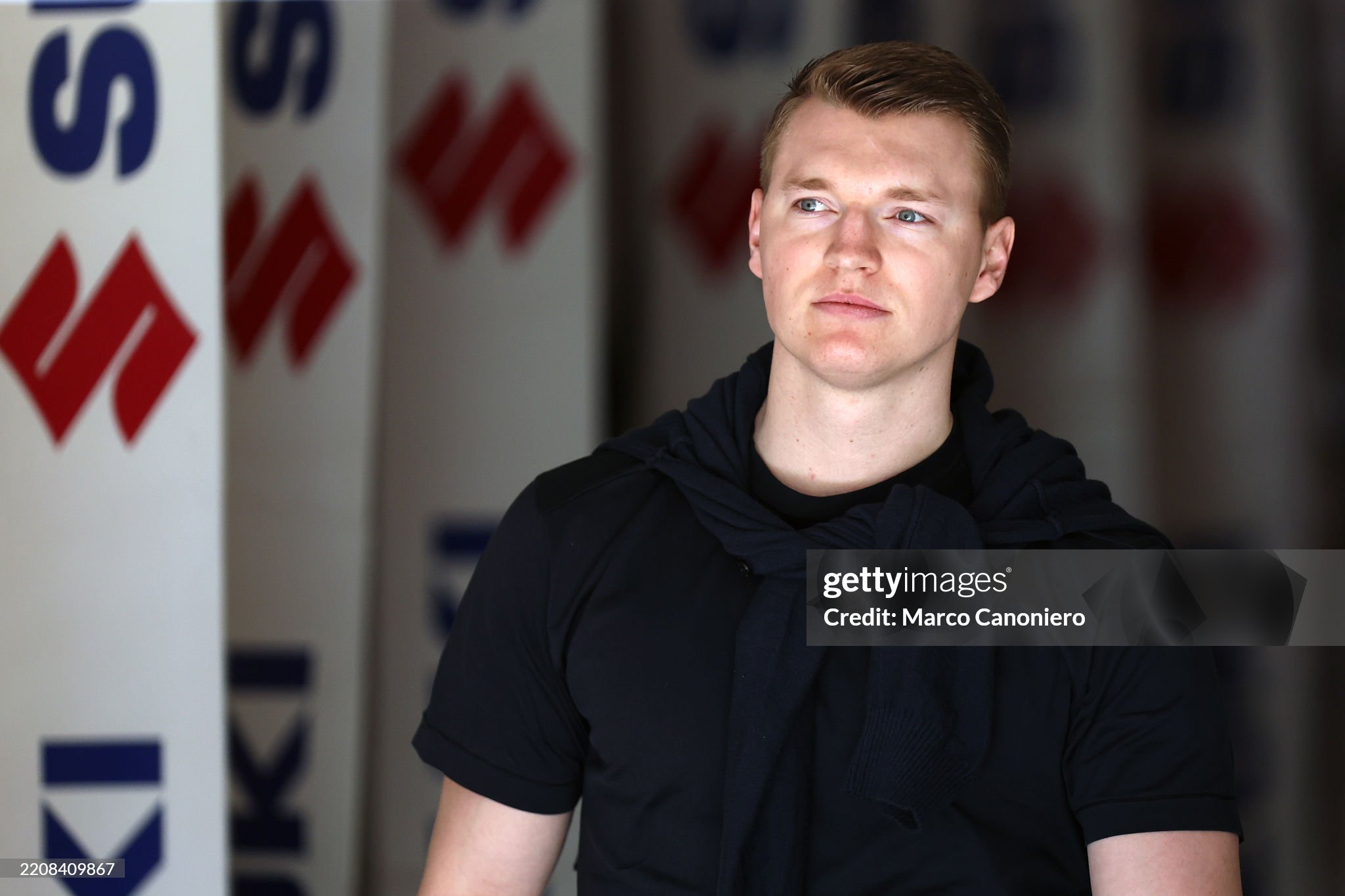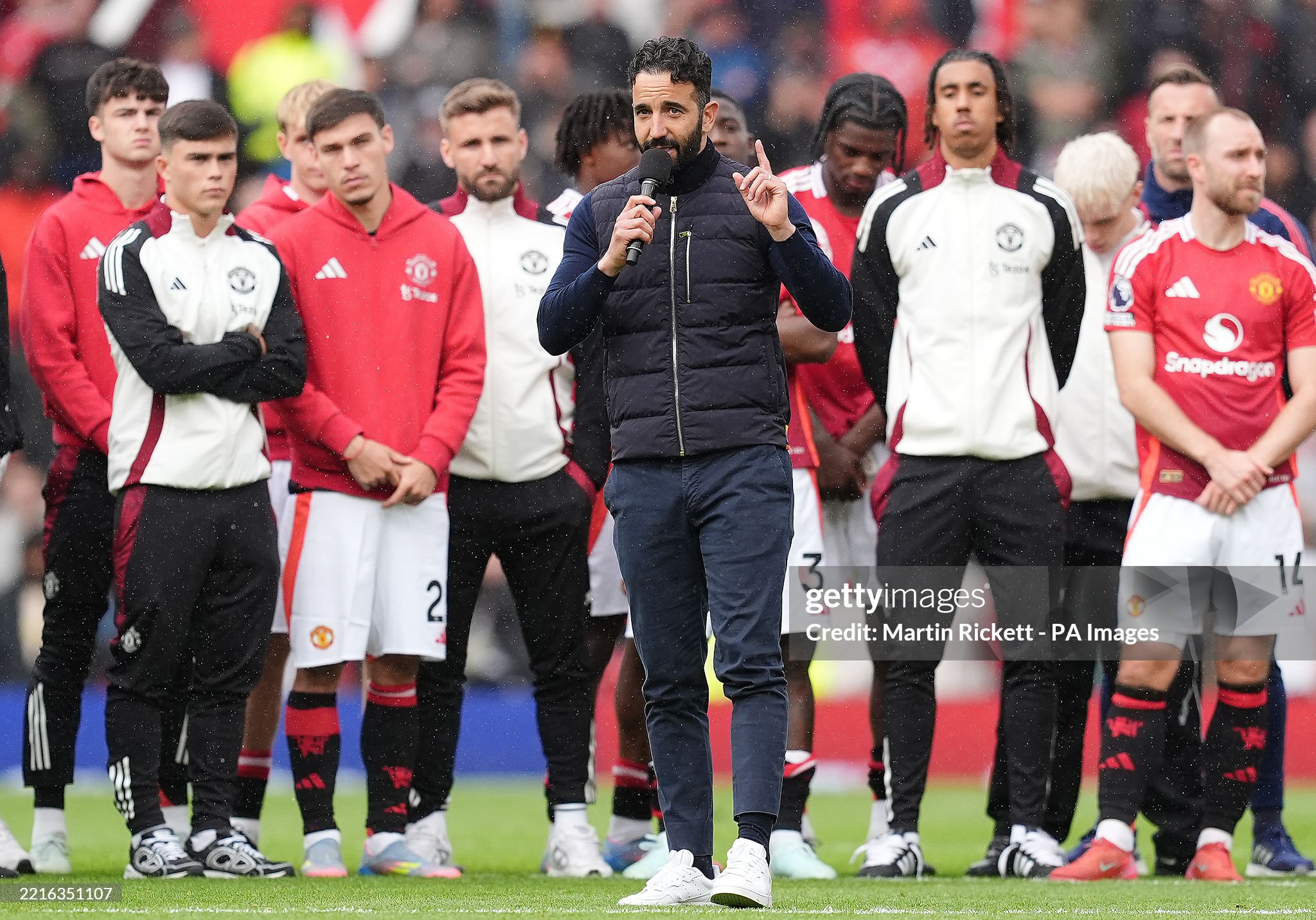Carlo Ancelotti has expressed understanding for Xavi's decision to step down as Barcelona's coach after this season. The Italian manager of Real Madrid also commented on the future of Luka Modric, whose contract expires at the end of this season.
The situation surrounding Luka Modric at Real Madrid has become a focal point of discussion in Spanish football.
Despite playing a less central role at Real Madrid this season compared to previous years, reports emerged on Wednesday suggesting that a contract extension is in the works for the 38-year-old Croatian midfielder. This development comes as somewhat of a surprise given that coach Carlo Ancelotti has not utilized Modric in Real Madrid's last two league games, a decision that has raised questions among fans and analysts alike.
Ancelotti, during his recent press talk, addressed Modric's situation with a sense of reverence for the player's contributions to the club. Acknowledging Modric as a "club legend," Ancelotti emphasized that the decision regarding Modric's future at the club for the next season rests entirely in the player's hands. This statement reflects a deep respect for Modric's legacy at Real Madrid, acknowledging his integral role in the team's successes over the years, including winning five Champions League titles.
Furthermore, Ancelotti provided an explanation for Modric's recent absence from match play. He noted that for a player of Modric's stature and experience, it wouldn't be appropriate to have him warm up without the intention of bringing him onto the field. This approach contrasts with Ancelotti's strategy for younger players like Arda Güler, for whom warming up without playing is not an issue. Ancelotti's handling of Modric's playing time seems to be a blend of strategic decision-making and respect for the player's legendary status and age.
The conversation at the press conference also shifted to the recent decision of Xavi Hernandez to step down as the coach of Barcelona. Ancelotti expressed his respect for Xavi's decision, highlighting the unique pressures and challenges that come with being a top-level football coach. He stressed that while coaching is a "fantastic job," it inevitably comes with a significant amount of pressure, which every coach experiences and handles differently.
Ancelotti's own experience with managing stress and pressure was also a topic of discussion. He reflected on his three decades of coaching, noting that he feels less affected by stress now than he did at the beginning of his career with Reggiana in Serie B. Ancelotti recounted how he struggled with stress in his early years, even doubting his ability to continue in the profession. However, over time, he has come to view pressure as a motivating force, essential for improving and excelling in his role as a coach.
This extensive look at both Modric's situation at Real Madrid and Ancelotti's perspectives on coaching provides a deeper insight into the complexities and nuances of managing a top football club. It highlights the delicate balance between respecting veteran players' contributions, managing their playing time as they age, and the overarching pressures of coaching at the highest levels of football. Ancelotti's experiences and decisions offer a window into the tactical and psychological aspects of leading a team like Real Madrid, demonstrating the multifaceted nature of football management.

